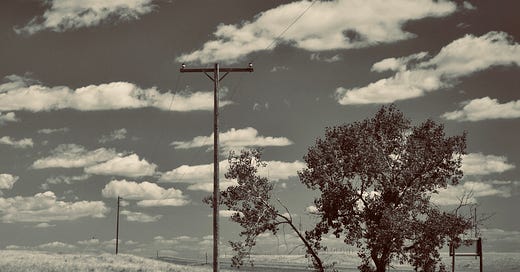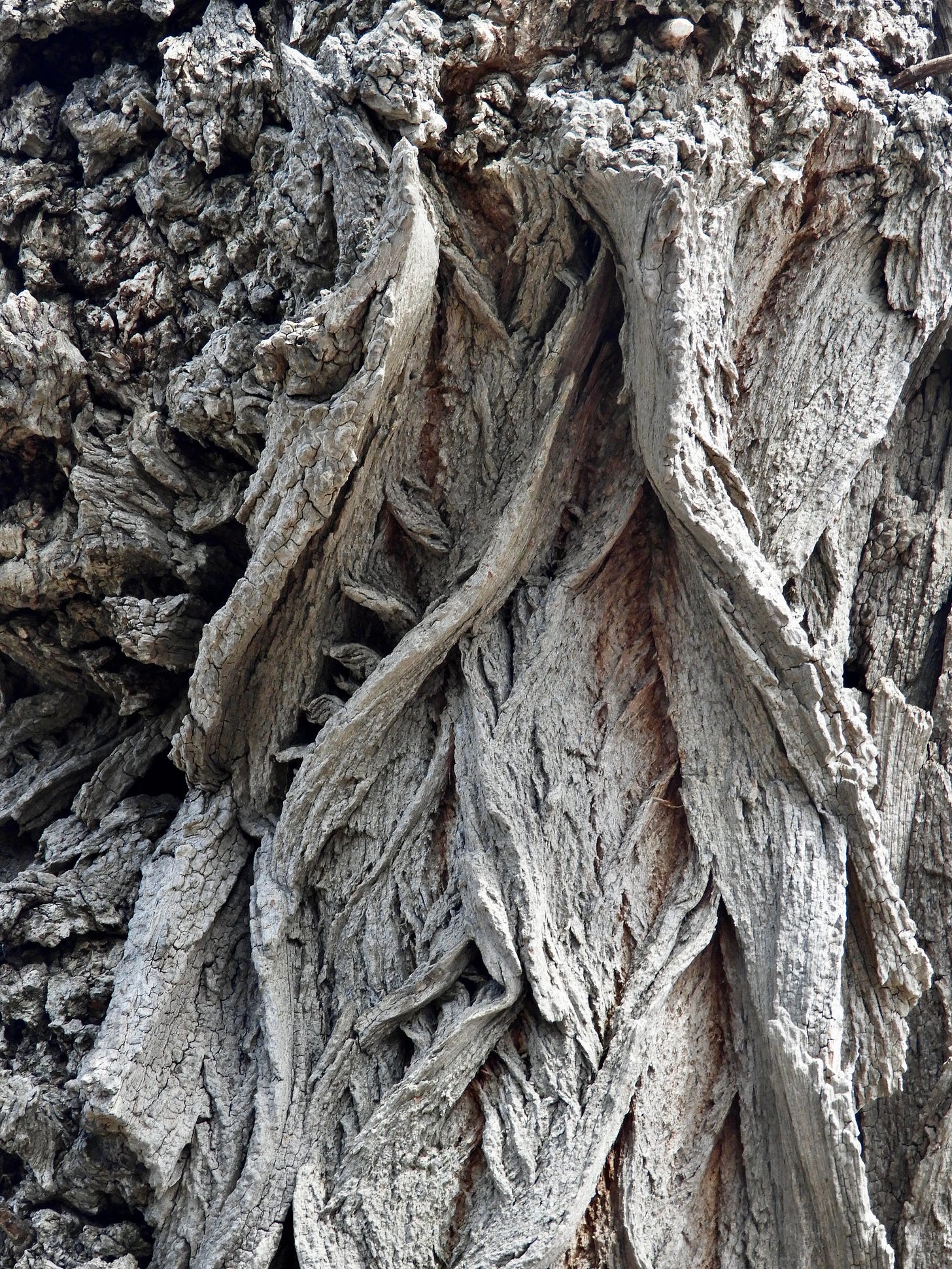Here is the third poem in my Kafka series. This is an odd one, I think, at least as far as how it fits in with what is a collection of “odd ones”. Somehow it fits in with the group, if only because the main character is our consumptive friend and sometime big bug, Franz Kafka.
I follow it with a little essay I wrote that accompanied this particular poem at some time in the past when I sent it out into the ether. Perhaps as an attempt to justify its oddness?… or all of poetry’s relative oddness in a world of digitalized abbreviated bleeps and blats.
*
*
Kafka Finds the Tree in his Ear and Sings
Kafka finds the tree in his ear
and sings over the constant growl
of the machinery of all antitheses. Rosewater
and the hierophant breathe like mold in the corner
of his attempted love. Every storm brings out
that wicked increase like a poverty Christmas.
Kafka sings again when all beasts
are being driven to death in the quickening
bog attired in such a lovely snow.
Go on. The lines and lines of trucks
swallow birds and as they rise up, they
rise up into jacaranda clouds of lilac and cum
across the riverine flyways of the necessary.
Kafka takes out telescopes and violins
in the shooter’s gardens choked
by tapes and grapes. He thought
he would be forced to quit, he thought
his puny sex would turn into thunder
but no one woke him
and the jungles and poison grew thick
as the solipsists of space wrapt the last
quivering bonanzas in a humming
of quarks and photons. Galactic cursory
over the sweet tongue of everything
lubricating sleep. Kafka bought a small place
on the outskirts of all this nonsense.
With a deeply disturbed idiom he praised the corrosion
of his lover’s heaving chest. He never thought
he could live this long, in the din of the communion
of all that is ridiculous as ridiculous as it is
*
now.
I am sleeping again
in the cloudy stars of mirth.
I am abreast of fear in your cleaver
of love and taste.
My own idols collect their puissant
blindness in the public of the oligarchs
and everything rises rises rises
when the heat of these tongues
topple the saints of the last decree.
We were lovely with erections
and purple wings and every call
was a call out of the dark!
Kafka treated this all as a myth
he could mold the city to his own destiny.
His cough was a summons
for cranes and ibis along the subway
of the lords of sheep.
He would like to believe in love
even if it is absurd as his song
or the fact that he could barely survive
in the rushes like a prophet
or a worshipper of rivers as if
we can worship rivers and we can yes
we can oh Kafka demurred, folded his arms
until he shook off the snow
that occluded his eye
and everything was sand
and everything was song
** This is the third poem I have written over the past five years that features Kafka. I had no idea when I wrote the first one that it would be the beginning of a series. Many people will read a poem like this one and wonder what it “means”… or simply stop trying to reach an understanding with it because they approach any writing as if it must unfold in a linear sequential fashion. As if they are reading a newspaper or popular fiction. It is unfortunate that many early education teachers of poetry are often dismissive of the non-linear, the freely associative and the surreal. So much of how our deeper selves perceive reality is not linear and must undergo a translation from a kind of less than conscious dream state, where associations are rarely ordered in a kind of numerical sequence but still have the capacity lead us into revelatory states of feeling, a non- or pre-verbal understanding of our place in the world and our relationship to one another. Much of the world’s greatest poetry is of this kind. This is largely what expressionistic and surreal painting and other art forms ask of us: to put aside meaning… at least until we have allowed the sense, color, sound and center of the music of the art to join with our deeper selves like two rivers becoming one. In that way, asking “what does it mean” may be a common question but not always the one that will lead you into the center of understanding, of comprehension… not the same as “meaning”. One gathers more appreciation of the work the less one starts the “attack” by searching for meaning as opposed to allowing the mind’s eye/ear to make stream of consciousness connections as it will while hearing the words, rhythm and color. Read it aloud, let line endings and end stops (or lack of them) help you establish the poem’s rhythms, its music, its melody. Allow the images to take you into a kind of dream. This is not to say this particular poem is a great example, or even a successful example, of this kind of writing… but it is a kind of writing that I work on and I want to be able to share it. *







